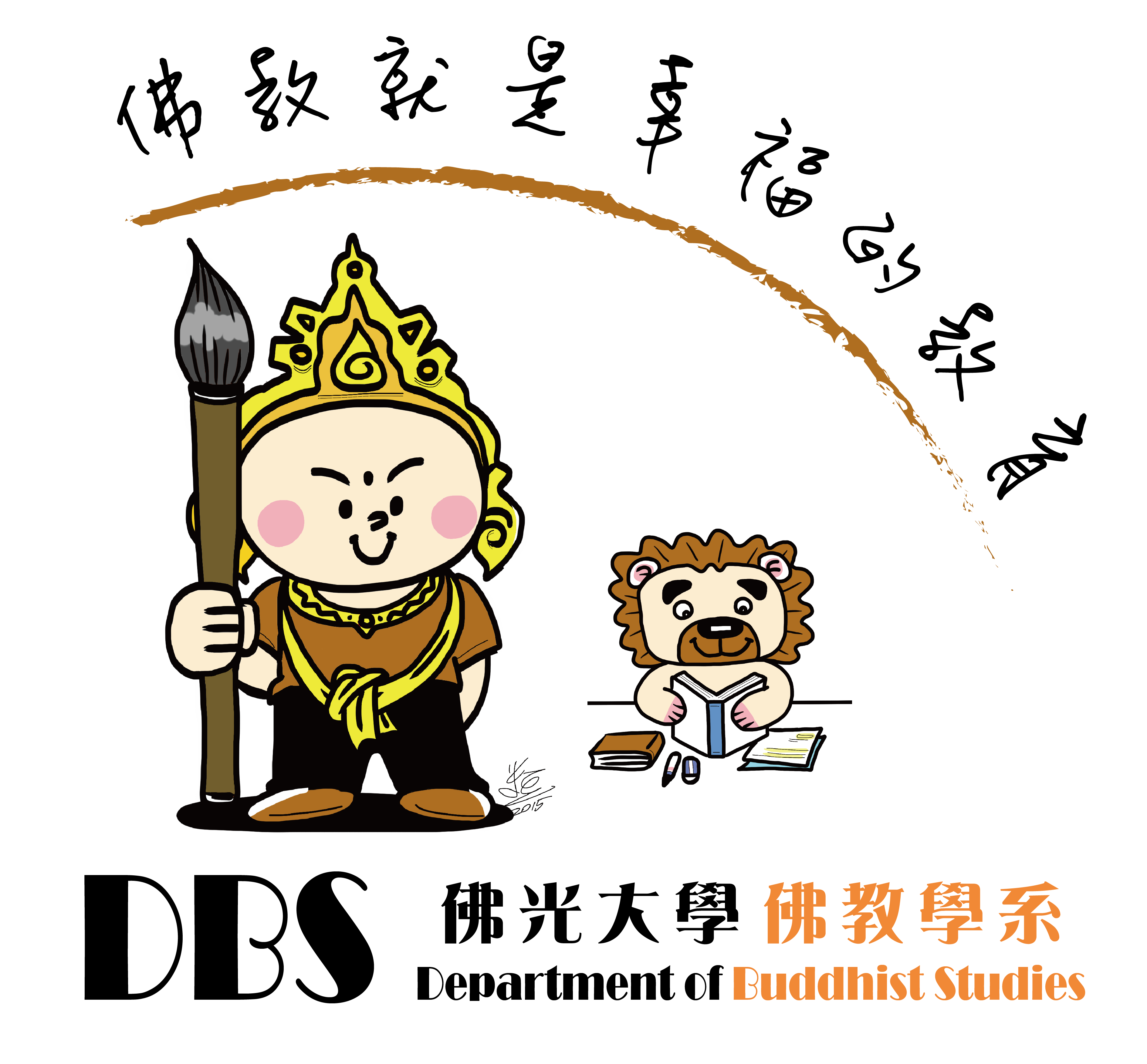Life and death mark the beginning and end of a human life, and they are critical issues that everyone should consider deeply. The "Buddhist Teaching Workshop" series, organized by the Buddhist Research Center, concluded this semester on June 20, 2024, with the final session focusing on "Life and Death and Healthcare: A Cross-Religious Dialogue on the Ethics of Life."
This discussion featured Venerable Jueguan, a professor from the Department of Buddhist Studies at Fo Guang University, Dr. Rabbi Cody R. Bahir from the Taipei Jewish Community, and Professor Daniel Fu-Chang Tsai from the College of Medicine, National Taiwan University . The three speakers represented perspectives from "Buddhism," "Judaism," and "modern medicine."
⬛️ Reincarnation: Once-in-a-Lifetime Encounter
Venerable Jueguan began by sharing Buddhist perspectives on the definition of death, the afterlife, and related rituals. 
In Buddhism, death (referred to as "passing away") signifies the end of the current life and the transition to the next. This transition, influenced by the karma accumulated in the past, aspirations for the future, and current efforts, determines the next life's circumstances. Buddhist funeral rituals focus on reciting sutras, chanting the Buddha's name, and dedicating merit, avoiding elaborate secular customs.
Venerable Jueguan also shared teachings from Master Huikai, emphasizing the importance of being prepared for end-of-life decisions and medical directives.
⬛️ Jewish Mourning and Post-Death Traditions
 Rabbi Cody R. Bahir explained that the Hebrew Bible, also known as the Tanakh, does not describe heaven or the afterlife, viewing death as the end of life on earth. The Mishnah Ohalot sets criteria for determining death, primarily based on breathing or heartbeat cessation.
Rabbi Cody R. Bahir explained that the Hebrew Bible, also known as the Tanakh, does not describe heaven or the afterlife, viewing death as the end of life on earth. The Mishnah Ohalot sets criteria for determining death, primarily based on breathing or heartbeat cessation.
According to Jewish belief, the soul does not perish with the body but undergoes a process based on one's deeds, leading to reward or punishment in purgatory. Those rewarded may be reborn with a purified soul, while persistent wrongdoers face punishment after multiple chances to redeem their souls. Jewish mourning practices involve immediate burial on the day of death, followed by a seven-day mourning period called "Shiva," where the family refrains from everyday activities like greeting others normally, wearing new clothes, or enjoying entertainment.
⬛️ Medical Cases and Practical Discussions
 Professor Tsai discussed the medical definitions of "death," distinguishing between traditional cardiopulmonary death (irreversible cessation of circulation and respiration) and brain death (irreversible loss of all brain functions, including the brainstem). He presented three medical scenarios: vegetative state, euthanasia, and brain death with organ donation, also touching on the controversial topic of voluntary stopping of eating and drinking (VSED).
Professor Tsai discussed the medical definitions of "death," distinguishing between traditional cardiopulmonary death (irreversible cessation of circulation and respiration) and brain death (irreversible loss of all brain functions, including the brainstem). He presented three medical scenarios: vegetative state, euthanasia, and brain death with organ donation, also touching on the controversial topic of voluntary stopping of eating and drinking (VSED).
The three scholars engaged in a cross-religious discussion on the definitions and understandings of life and death, highlighting differences in religious and cultural perspectives. During the Q&A session, several students shared their experiences and questions, interacting with the professors and creating a sense of resonance among the audience. The discussion offered a more nuanced view of death, encouraging a positive outlook on life and death issues.

 College and Department of Buddhist Studies, FGU
College and Department of Buddhist Studies, FGU